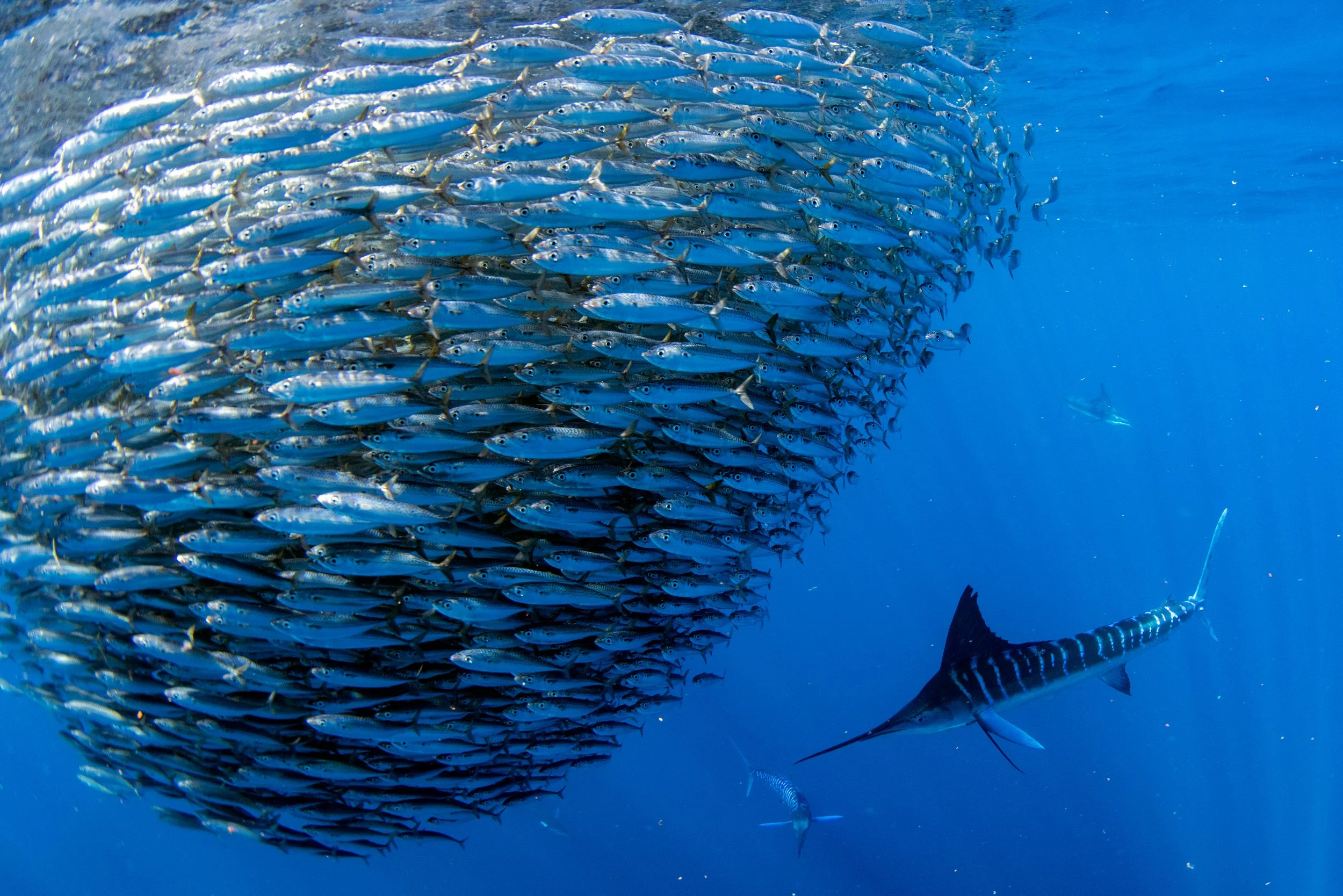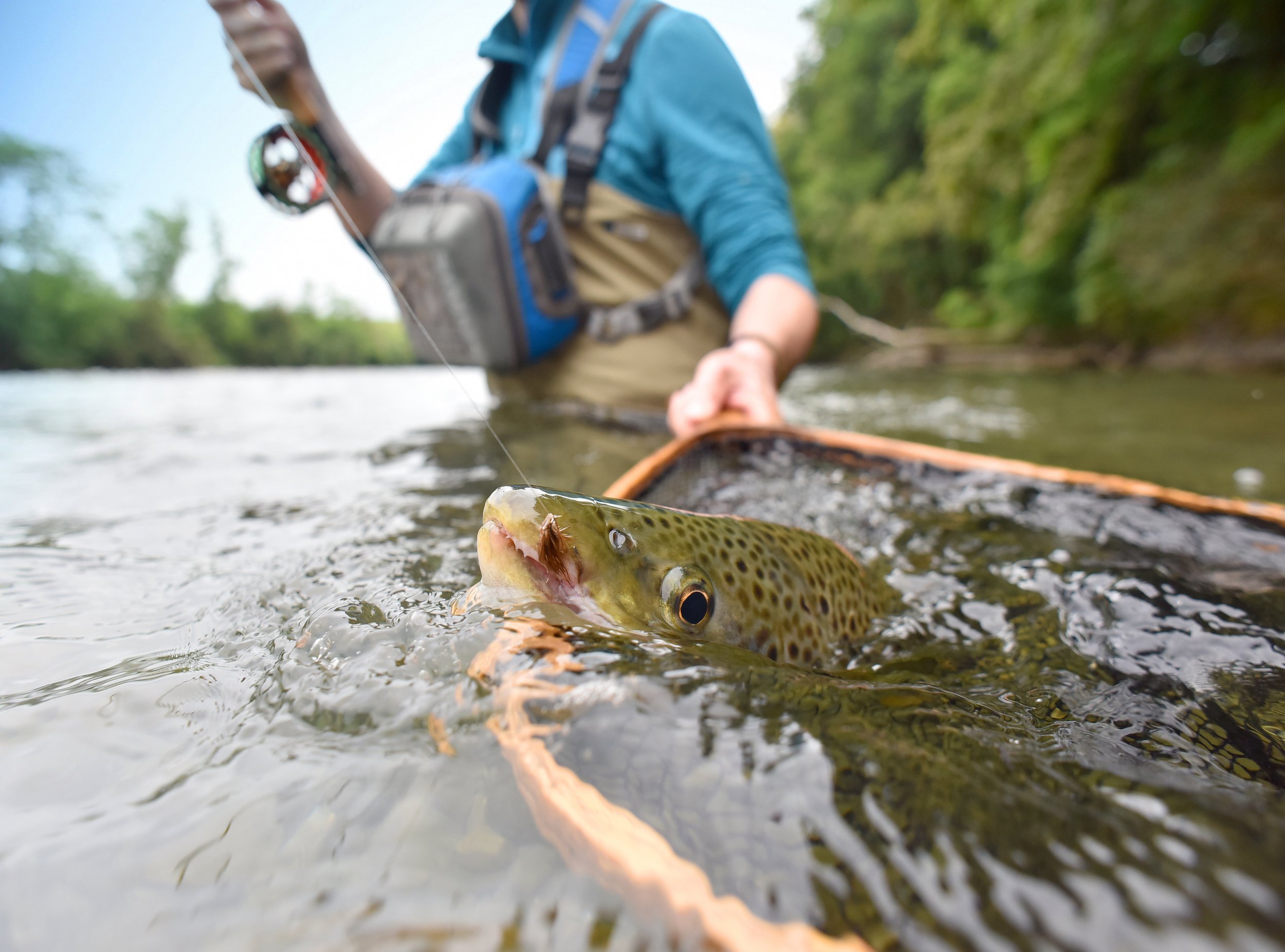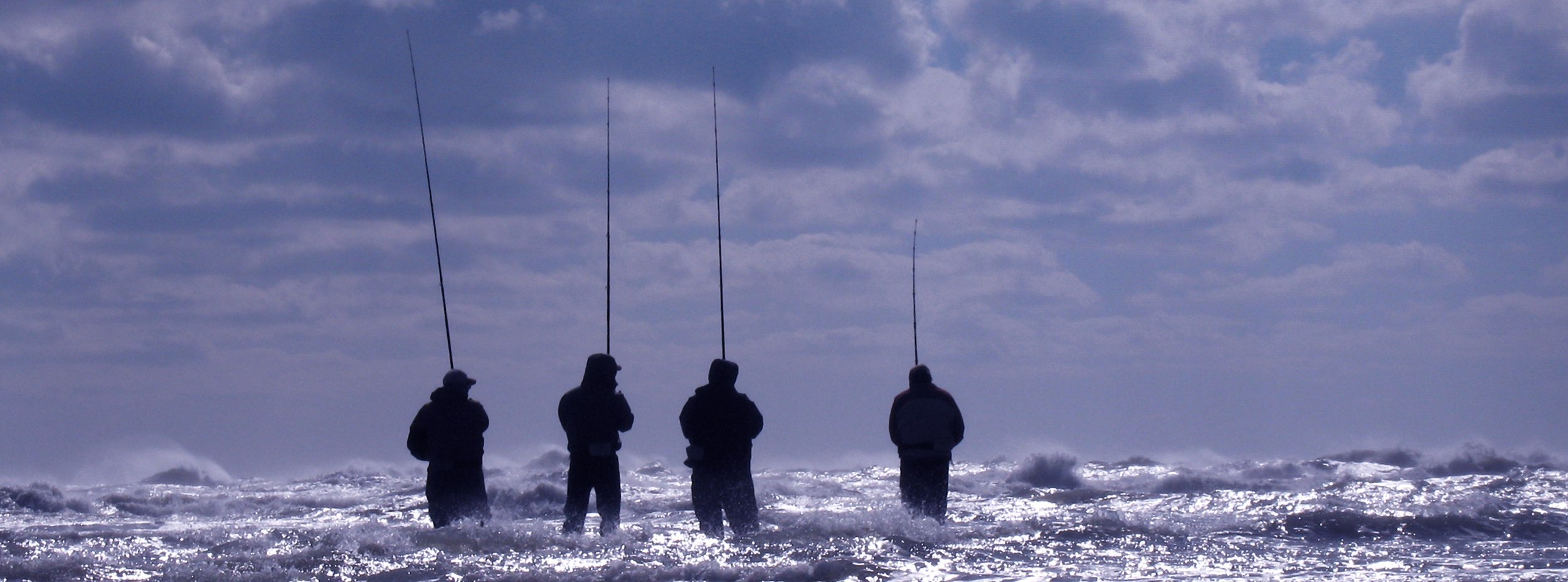WE NEED TO ACT, AND WE NEED TO LEAD
In the face of unprecedented threats to our fisheries – from climate change and the loss of critical habitat to the systemic underfunding of fisheries management – the recreational fishing community must unite and become a powerful, effective advocate if we are to sustainably manage our fisheries for future generations.
Tomorrow’s Fish is a campaign of the AFFTA Fisheries Fund and its partners to raise knowledge and awareness and inspire anglers to engage in actions that build climate-ready fisheries.
It’s two steps: Inform and Act
what are Climate-Ready Fisheries?
The cumulative impacts of climate change will impact a host of inter-related factors, from fish abundance and survival to species distributions and habitat quality. The nature of these impacts will vary from one fishery to another, requiring ecosystem-based fisheries management that is capable of adapting, mitigating, and responding.
Climate-ready fisheries is science-based, precautionary fishery management that accounts for ecosystem structure and function and maintains catch at sustainable levels. Maintaining a strong science-based management system will help keep fish stocks at healthy levels that will serve to make them more resilient in the face of change. Managing for climate change will not look the same for every fishery. Some strategies will be helpful across the board while new strategies will need to be developed as new evolving conditions play out.
Managing fisheries in the face of climate change will require new tools and approaches to ensure healthy and abundant fisheries. We will be challenged to continually adapt our management systems to new problems, such as shifting fish stocks and emerging fisheries. An essential first step is maintaining and expanding long-term monitoring programs and improved stock assessments to support development of climate-informed reference points and ecosystem indicators. In addition, new policies need to be implemented to predict and mitigate resource conflicts while allowing continued sustainable use and harvest.









